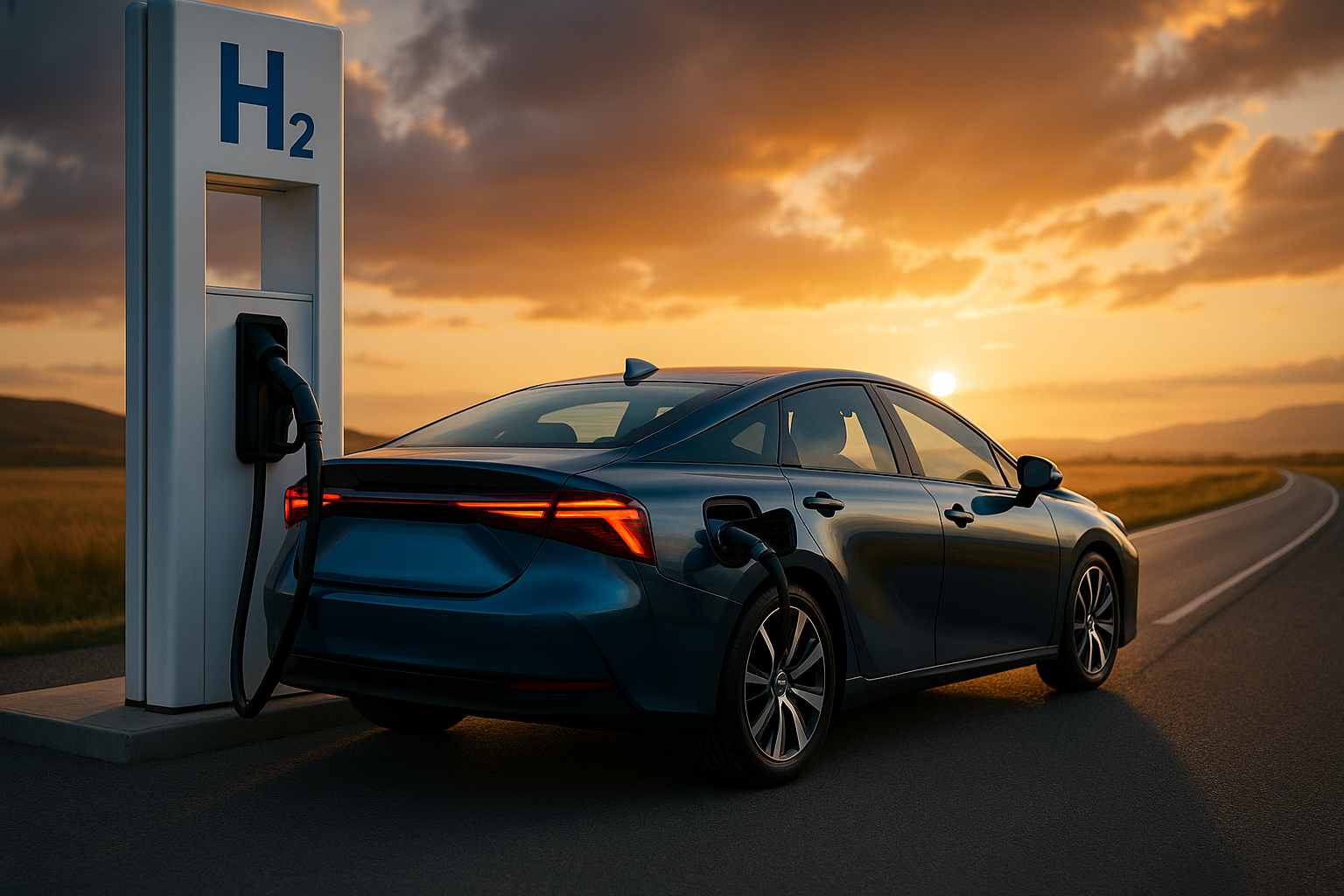Beyond the Horizon: The Future of Hydrogen Cars
Can you imagine a world where cars emit water instead of harmful greenhouse gases? That vision might soon become a reality with the increasing popularity of hydrogen cars. This article delves into the intricate world of these futuristic vehicles, exploring their origin, current trends, and potential for revolutionizing the automotive industry.

The Genesis of Hydrogen Cars
Hydrogen cars have been in the making for several years, but it was only in the 21st century that they entered the public consciousness. The underlying technology of fuel cells was initially developed during the space race in the 1960s, with NASA employing them to power spacecraft. The idea of harnessing this technology for road vehicles, however, took several more decades to come to fruition.
The Science behind the Innovation
Hydrogen cars operate on a simple principle: they convert chemical energy into mechanical energy. The vehicle’s heart, the fuel cell, combines hydrogen from the fuel tank with oxygen from the air to generate electricity. This electricity powers the car’s motor, producing only water as a byproduct. It’s a clean and efficient process that offers the potential to drastically reduce our carbon footprint.
Current Trends and Future Prospects
Today, several leading automotive manufacturers, including Toyota, Hyundai, and Honda, are investing heavily in hydrogen car technology. While their numbers on the roads are still small compared to conventional vehicles, they’re growing steadily. Experts predict that by 2050, hydrogen could power up to 400 million cars globally.
The future of hydrogen cars, however, is not without its challenges. Infrastructure for hydrogen refueling is sparse, and the process of producing hydrogen fuel is still energy-intensive. Moreover, the cost of these vehicles remains high, making them inaccessible to the average consumer.
The Impact of Hydrogen Cars
Despite these hurdles, the potential benefits of hydrogen cars are undeniable. They combine the rapid refueling and long-range capabilities of gasoline cars with the zero-emission advantage of electric vehicles. Moreover, they offer a sustainable alternative to fossil fuels, helping to reduce our reliance on oil and mitigate climate change.
Conclusion
The journey of hydrogen cars is just beginning. As technology advances and infrastructure improves, these vehicles could become a common sight on our roads. They represent a promising step towards a more sustainable future, where clean, efficient, and accessible transportation is within everyone’s reach. The automotive industry is on the cusp of a hydrogen revolution, and the ride promises to be an exciting one.




